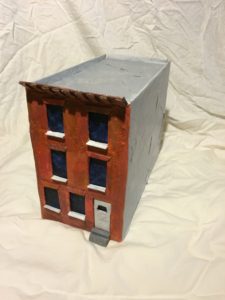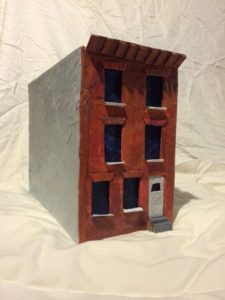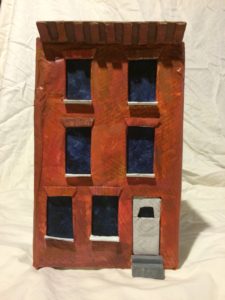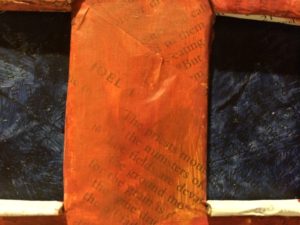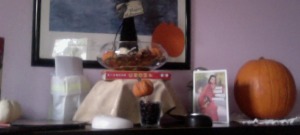Readings: I Samuel 2:1-10; Genesis 37: 2-11; Matthew 1:1-17
For not by might shall a man prevail. 1 Samuel 2:9
Some people are people watchers. It’s their hobby to closely observe strangers in airports or shopping malls as they go about their daily business. People watchers usually have highly developed skills of extrapolating meaning, whether accurate or not, from what they see. They have mastered interpreting nonverbal communication to arrive at conclusions about their subjects without ever knowing them.
I’m an English teacher and a logophile, so I do with words what people watchers do with actions. I listen carefully to how people orally express themselves, the words they choose, the way they use sentences to convey their thoughts. Based on my observations, I draw conclusions and often go further to making judgments.
The Scripture above intrigues me because of its use of the words might and prevail. What are other fill-in-the-blank choices? Might could mean physical strength or will, power, or control. Prevail connotes to triumph, conquer, and overcome. But the important takeaway of the verse is that neither might nor any of its synonyms win out in the end. Further, Hannah’s Song of Thanksgiving, (1 Samuel: 2-10) gives other concrete examples of commonly accepted contrasts that, really, in the end, play out in reverse: the feeble vs. the mighty; the hungry vs, the sated; the barren vs. the oft-pregnant; and the poor vs. the rich. In all cases, the former prevail over the latter, our short-term observations to the contrary.
So, back to people watching and language analyzing. If the exact opposite of what we see or what we hear is truth, then what is the allure of the exercise? Doesn’t it just give us a false sense of superiority over our unwitting subjects? Doesn’t it give us the opportunity to make judgments, not out of any altruistic helpfulness but rather to stoke our own need to pass judgment, to make usually unkind comparisons, to feel greater than? How worthy is that exercise, especially if our observations, in the end, prove to be wrong?
To save this post from being just another semantic exercise, here’s my application: the next time I catch myself moving to judgment about another person based solely on observations, I will mindfully stop to remind myself that all is not as it seems.
I saw an image recently of a snail moving along the sharp edged side of a razor blade. That is me (the self-selected mighty) when I observe, analyze, and unkindly judge other people based on how they act and talk. There is no need for me to prevail over them. I, the snail, risk slicing my belly open on the razor of judgment if I move too quickly. My conjectures help no one, not my subjects or myself. It’s a worthless hobby rife with soul danger. My best course of action should be to not get up on the razor blade of analysis and judgment to begin with, to, rather, be with all my fellow seekers standing firm in the belief that
… he who is least among you, he is the greatest. (Luke 9:48)
Come, Lord Jesus, Come.
Offered by Jill Fredrickson, teacher, fosterer of youth, seeker of the Christ Child.

